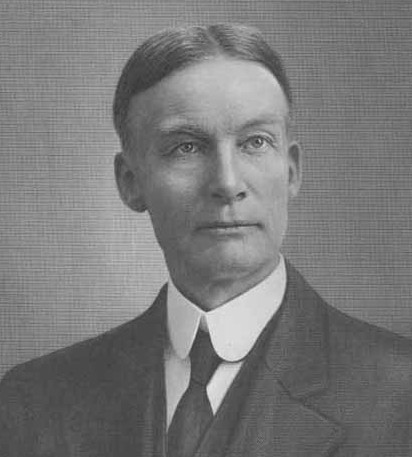 _____________________________
_____________________________I came across a New York Times article from 1985 that interviewed a handful of well known sociologists about the future of their profession and discipline. I found it fascinating because, on one hand, it was totally ‘80s. It discussed some of the central issues that cropped up in American sociology in the mid-1980s. In particular, it emphasized the quantitative/qualitative split that generated conflict in some sociology departments; the article referenced Paul Starr’s failed Harvard tenure attempt for reputedly being insufficiently scientific.

On the other hand, the issues, conflicts, and central concerns of American sociologists a quarter-century ago strongly resemble those of the early 21st century (poverty, education, occupations, causes of human suffering etc.).
[As a member of the KU community, you’re able to access this article through Lexis/Nexis or New York Times Historical, both are accessible through the KU Library Databases page. Here’s the cite: The New York Times April 28, 1985, Section 4; Page 7, Column 1; “Debating the Direction of the Discipline: Sociologists examine an issue that's very close to home."]
Of the sociologists profiled in the article, I think William Sewell did the best job of explaining sociology to news readers (news readers then and now):
The mainstream of sociology is empirical and quantitative. And I would guess about 85 percent of sociologists are of that persuasion. But that doesn't mean they have no use for theoretical issues. The divisions aren't all that clear, and they've existed ever since I've been a sociologist, for about 50 years.
The big movement in the last 15 years or so has been the rise of ''complex multivariate'' styles of research. All it means is that there are many variables that help to explain social behavior, and that they must be taken into account. And to take them into account requires big samples, large data bases.
Say that you're trying to develop a social policy for increasing equality of educational opportunity. Well, you have to know why some people receive less education than others. So you have to investigate such things as an individual's social origins, the occupation and education of his or her family, how rich or poor they were. You'd want to know what effect race and sex have on educational opportunity. How much does intelligence matter?
To put all these factors together you need statistical techniques that tell you which make the most difference and which handicaps are amenable to policy changes. Then the policy-makers can target their programs. We've always had that style of research, but with the coming of large-scale computers and large sample surveys, it's been possible to do many more of those kinds of studies. And as our younger scholars have learned those techniques, it has taken away from the more purely theoretical kinds of operations.
-- Brian




